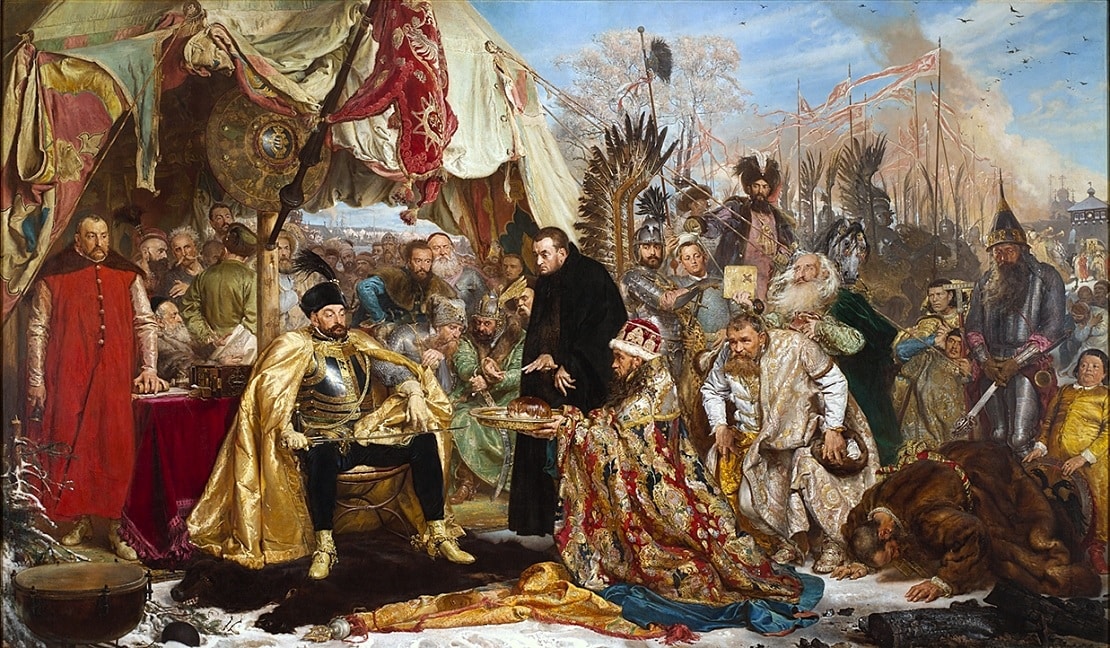Every nation has its heroes. They have made and continue to make their nation great. Poles are very proud of their compatriots. Among them you will find names of world-famous writers, artists, composers, scientists, etc.
Recently we told you about the Nobel Prize winners. And today we will talk about great people whose work has left a trace in the history of the country and the world.
Fryderyk Franciszek Chopin (1810 - 1849)
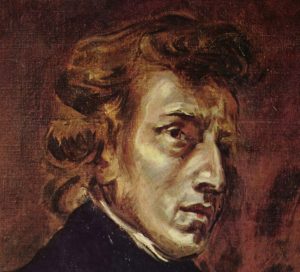 The most famous and talented Polish composer and pianist. A representative of musical Romanticism, who has been called "the poet of the piano".
The most famous and talented Polish composer and pianist. A representative of musical Romanticism, who has been called "the poet of the piano".
He lived most of his life in exile. Although the composer's body is buried in France, his heart belonged to his homeland. According to his will, he was sent to Poland and walled up in the wall of one of Warsaw's Catholic churches. Poles are so fond and proud of their compatriot that they name many educational institutions in his honour, including the Warsaw Conservatory. The airport in Warsaw has been named after Chopin since 2001.
Stanisław Moniuszko (1819 - 1872)
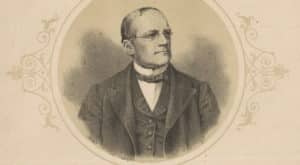 Creator of national classical opera and chamber vocal lyrics. His work absorbed the characteristic features of the folk music of Poles, Ukrainians and Belarusians.
Creator of national classical opera and chamber vocal lyrics. His work absorbed the characteristic features of the folk music of Poles, Ukrainians and Belarusians.
His operatic adaptations of folk melodies at a time of historical partitions of the country lifted the civic spirit of the Polish people.
Karol Szymanowski (1882 - 1937)
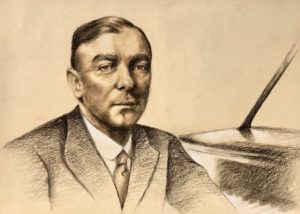 Polish composer, pianist, pedagogue and music critic. His name has entered the history of Polish music as one of the most important after Chopin. Karol Szymanowski is the most prominent figure of Polish musical culture in the first half of the 20th century.
Polish composer, pianist, pedagogue and music critic. His name has entered the history of Polish music as one of the most important after Chopin. Karol Szymanowski is the most prominent figure of Polish musical culture in the first half of the 20th century.
Andrzej Wajda (1926 - 2016)
 A recognised classic of world cinema. In almost half a century of work in film industry he made more than 40 feature and television films. Each film was born as an author's statement of principle.
A recognised classic of world cinema. In almost half a century of work in film industry he made more than 40 feature and television films. Each film was born as an author's statement of principle.
In addition to cinematography, Andrzej Wajda has also worked in the theatre since the late 1950s, among his productions are several versions of "Hamlet", "Besy", "Crime and Punishment".
The director's work has been recognised with Oscar (2000), César (1982), Felix (1990), and a number of prestigious international awards in Germany, Japan, Italy, Greece; Washington, D.C., and Washington, D.C., and Washington, DC. Jagiellonian universities conferred on him the title of honorary doctor.
Most famous paintings: "Człowiek z Żelaza", "Człowiek z Marmuru", "Katyń", "Pan Tadeusz", "Wałęsa. Człowiek z nadziei."
Jerzy Hoffman (b. 1932)
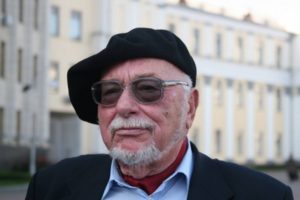 Polish director, master of genre cinema and an absolute box office champion. Jerzy Hoffman is known mainly for historical films based on the works of Henryk Sienkiewicz.
Polish director, master of genre cinema and an absolute box office champion. Jerzy Hoffman is known mainly for historical films based on the works of Henryk Sienkiewicz.
His main films include Ogniem i mieczem, Znachor, Biwa Warszawska.
Roman Polanski (born 1933)

French-Polish a film director with a very difficult fate. His mother died in
Auschwitz, and he spent the entire war in a German ghetto. The director's tragic fate was reflected in his work. One of the director's most famous films is called The Pianist. It is a historical drama about the life of Polish composer Wladyslaw Szpilman in occupied Warsaw. This film was honoured with the Palme d'Or at the Cannes and three Academy Awards, including Best Director and Best Actor. To Adrian. Brodie (he learned the compositions of Frideric Chopin for the film).
By the way, Roman. Polanski was a multiple Academy Award winner.
Roman's most famous paintings Polanski"Pianista", "Dziewiąte wrota".
Jan Matejko (1838 - 1893)
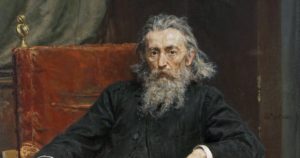 The most famous and important Polish painter. Known above all for his numerous paintings on historical themes. Of course, among his works were also portraits and landscapes. However, his main creative passion was his epochal paintings related to the history of Poland's struggle for independence. One of the reasons for the artist's popularity was that he had a kind of "cinematographic" approach to history. Scenes seem to be dismantled into frames, and the Matejko like he's assembling a painting from different scenes.
The most famous and important Polish painter. Known above all for his numerous paintings on historical themes. Of course, among his works were also portraits and landscapes. However, his main creative passion was his epochal paintings related to the history of Poland's struggle for independence. One of the reasons for the artist's popularity was that he had a kind of "cinematographic" approach to history. Scenes seem to be dismantled into frames, and the Matejko like he's assembling a painting from different scenes.
Particular attention Matejko He devoted himself to depicting period costumes, interior elements and other historical details. Already during his lifetime he enjoyed great fame - both in his own country and worldwide. He became the director of the School of Fine Arts in Kraków and an honorary member of the Academies of Fine Arts in Paris, Berlin, Prague and Vienna.
Jacek Malczewski (1854 - 1929)
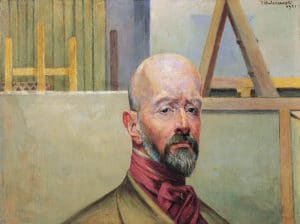 An artist and student of Jan's Matejko. One of the most prominent figures in the history of Polish art. In the early 1990s he initiated the emergence of symbolism in the painting of the "Young Poland" period. Malczewski with his "Polish Hamlet" created the image of Poland with bound hands. Historical works by J. Malczewski's historical works are about the tragic fate of his homeland, but the artist also addresses the autobiographical theme. The master painted a number of self-portraits in various attire (as an artist, as a knight, etc.).
An artist and student of Jan's Matejko. One of the most prominent figures in the history of Polish art. In the early 1990s he initiated the emergence of symbolism in the painting of the "Young Poland" period. Malczewski with his "Polish Hamlet" created the image of Poland with bound hands. Historical works by J. Malczewski's historical works are about the tragic fate of his homeland, but the artist also addresses the autobiographical theme. The master painted a number of self-portraits in various attire (as an artist, as a knight, etc.).
